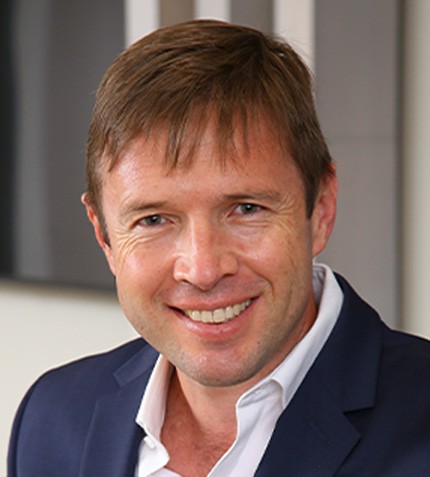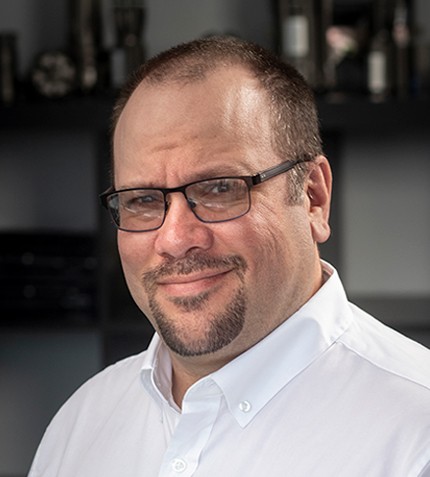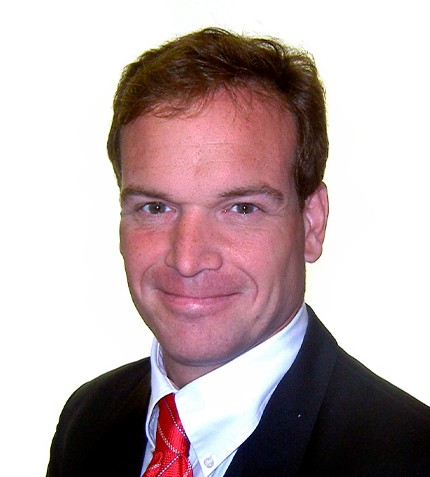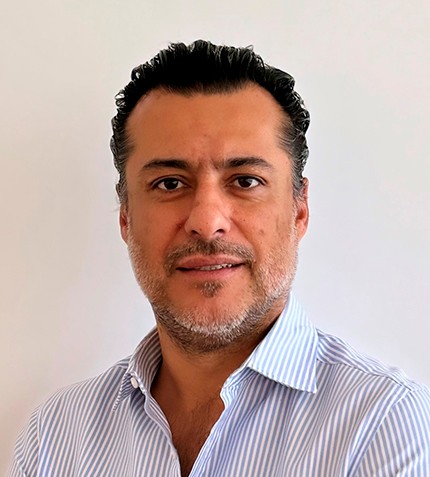
"Perhaps SRK’s most significant contribution to addressing ESG risk is its cross-disciplinary approach."
Andrew van Zyl
MANAGING DIRECTOR, SRK SOUTH AFRICA
Together with expert contributions from
Philippa Burmeister, Associate Partner and Principal Environment Scientist (PB)
Lindsay Shand, SRK Associate Partner and Principal environmental geologist (LS)
Vidette Bester, Senior Social Scientist (VB)
What have been the main milestones at SRK Consulting over the past year?
AZ: SRK recently celebrated a decade of having a presence in the Democratic Republic of Congo; a practice that is majority owned by Congolese staff. SRK Congo has always been operated by local professionals that have steadily grown its technical consulting service offering.
What are the areas that preoccupy mining clients most? Could you exemplify through a case study how SRK Consulting supports its clients to successfully navigate this field?
PB: ESG is a growing risk factor in mining, however, ESG also offers significant innovation opportunities and potential advantages if undertaken correctly. This includes attracting passionate staff, building positive host community relationships and creating new business models and markets.
Decarbonisation and climate change adaptation have attracted significant attention, and mining has set ambitious targets. Creating local supply chains – which can be an effective way of reducing Scope 3 greenhouse gas (GHG) emissions – requires local investment in host communities, to develop businesses within these communities that can then supply required goods.
Perhaps SRK’s most significant contribution to addressing ESG risk is its cross-disciplinary approach. An example is SRK’s work in assisting clients to meet the requirements of the Global Industry Standards on Tailings Management (GISTM). These projects involve a wide range of specialists from tailings engineers to disaster management, climate change and water specialists – as well as social scientists working with host communities.
LS: Another area preoccupying mining executives is the management of water. Mines must continue to be good neighbours and contribute positively to their local host regions. This includes equitable water distribution, to ensure that communities, industries, agriculture and other users can still access their fair share. Enter the water stewardship approach, which aims to locate water management in its rightful place.
In a recent project in South Africa’s dry Northern Cape province, SRK assisted a mining client to realise the complex links between the mine and its community in matters related to water supply. With their only source being the Orange River, the mine was working towards a better balance between demand and supply. By taking this process a step further, the mine was able to find opportunities to build resilience and secure its social licence.
VB: There is a risk of reducing ESG practices or outcomes to a single ESG score. This can obscure serious deficiencies in any of the three pillars of the typical ESG ratings: environmental stewardship, corporate social responsibility, and sound governance. ESG scores are a snapshot and often focus more breaches rather than proactive measures, one of several current weaknesses in ESG metrics.
Mining executives need in-depth assessments of each of these three pillars to provide a rigorous review of company performance.
How is SRK Consulting assisting mining companies prepare for increasingly more frequent extreme weather conditions?
AZ: SRK has developed capabilities in climatic global circulation models to enable site-specific predictions of anticipated weather conditions. The predictions are validated through monitoring and trend reporting, allowing for effective planning, as well as adaptive management to moderate the uncertainty.
What are some of the revolutionizing technologies that have the biggest impact on exploration outcomes?
JP Hunt, SRK Exploration Services Principal Exploration Geologist, Johannesburg Office Manager
The digital revolution is paving the way for exploration to proceed much quicker than a few decades ago, as many of the traditionally manual, time-consuming tasks can be avoided.
SRK Exploration Services can offer their new tool – Management & Valuation through Absolute Prospectivity (M-VAP) – to assist companies to value, manage and forecast their exploration. This replaces traditional relative prospectivity with a quantified ‘absolute prospectivity’ that estimates the probabilities of making a discovery of deposits of different magnitude within an area of interest. M-VAP can also be used to monitor exploration, allocate capital and forecast future performance.
South Africa attracts less than 1% of global exploration budgets. Meanwhile, more countries in Africa are seeing exploration activity. Do you think exploration in the continent has become more decentralized? Why?
AZ: Unfortunately, South Africa is currently ill-equipped to support and nurture the smaller exploration and mining companies. Despite the current negative trend, South Africa is in a position to re-establish exploration and to attract investors and junior miners.
Why do you think more mining companies prefer to outsource their engineering services rather than rely on in-house capacity?
AZ: Large mining companies were typically self-contained with large technical departments. Turnover of staff was possibly lower than it has become, and the mining environment was less complex with the complexity being limited to technical issues. Companies have further looked to extend the life of existing mines leading to new technical challenges. This has added to the workload of inhouse technical staff at a time when turnover has increased, work has become more complex, more disciplines have been added to management teams and, in some places, technical teams have been made smaller.
SRK was founded to provide complex technical solutions to difficult geotechnical problems and has gradually expanded to deal with the other aspects mentioned. The focus on complex technical solutions has attracted engineers and scientists who are focused on improving their technical skills and providing ongoing technical consulting to many mining companies and mines. This has meant that many of our staff have a longer history with a given asset than the staff of the mining company, many of who move to other roles in the organisation.










